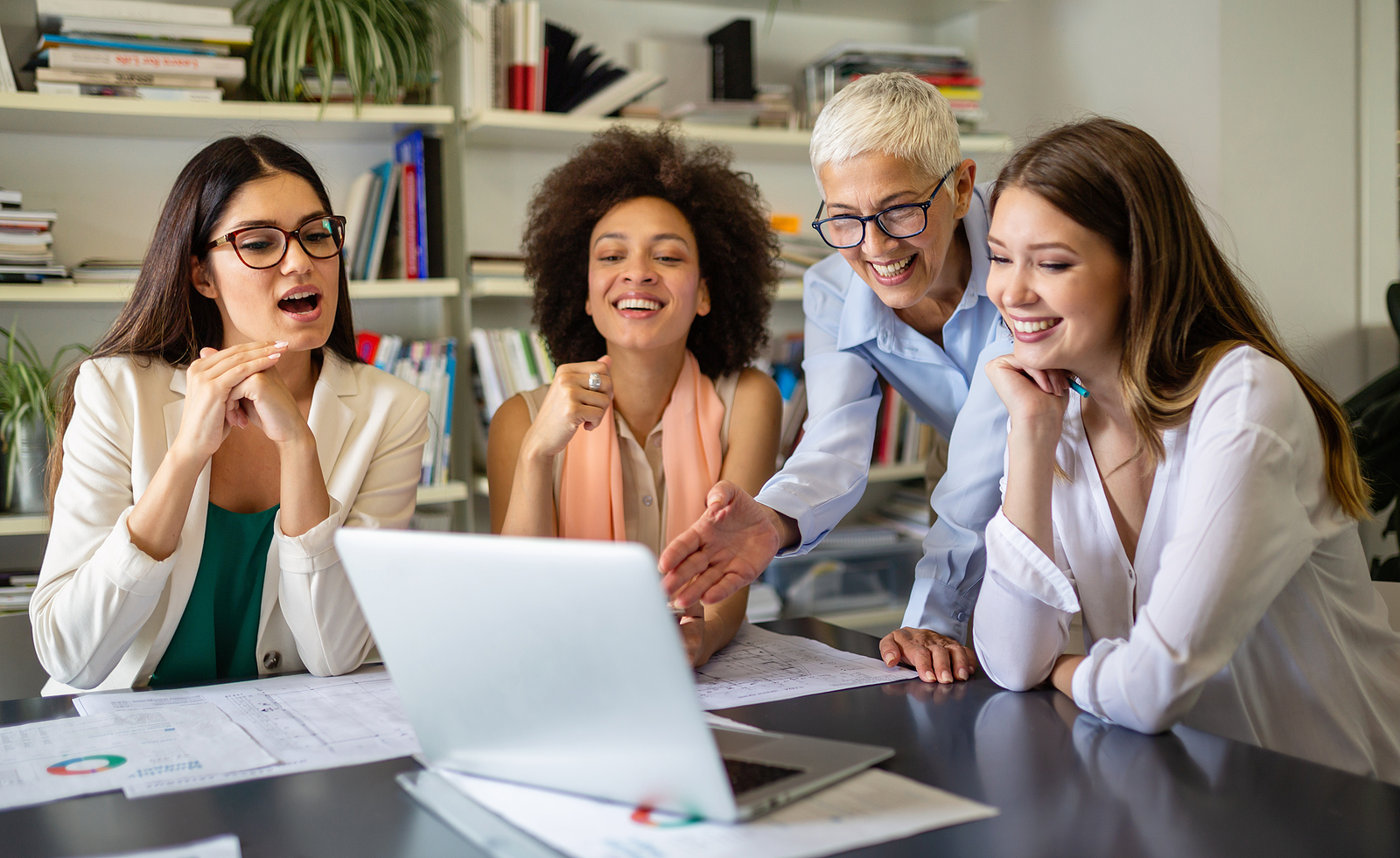How to Prepare Your Business for Sale: A Checklist
Selling a business can be a complex and time-consuming process. Proper preparation not only boosts your business's value but also ensures a smoother transition for both you and the buyer. Use this comprehensive checklist to make sure you have everything in place when it's time to sell.
1. Financial Documentation
Organised and accurate financial records are essential for building buyer confidence. Ensure you have:
- Profit and loss statements (minimum of 3 years)
- BAS (Business Activity Statements)
- Detailed balance sheets
- Tax returns
- POS (Point of Sale) reports
- Sales invoices and receipts
- Bank statements
- Payroll records
2. Lease Documentation
Your lease agreement plays a significant role in the value of your business. Prepare:
- Copy of the current lease agreement
- Lease disclosure statement
- Any lease extension agreements
- Details on renewal terms or demolition clauses
3. Inventory and Equipment List
Clearly document all assets included in the sale:
- Full inventory of equipment, fixtures, and fittings
- Purchase dates and conditions of items
- Details of leased equipment or landlord-owned assets
- Estimated market value of assets
4. Staff and Employment Details
Buyers will need to understand the human resource structure. Provide:
- Employee contracts
- Updated staff entitlements (leave balances, superannuation, etc.)
- Current rosters
- Details of key management roles
5. Customer and Supplier Contracts
Long-term agreements add stability and reduce perceived risks for buyers. Include:
- Signed customer contracts
- Supplier agreements with terms
- Franchise or licensing agreements, if applicable
6. Intellectual Property and Digital Assets
Ensure that all intellectual property is documented and transferable. Prepare:
- Trademarks, patents, and copyrights
- Branding and logo files
- Domain names
- Social media accounts (with login details)
- Marketing materials
- Access to CRM or customer databases
7. Stock at Value (SAV)
Stock is usually sold separately from the asking price. Include:
- Average stock levels
- Recent stocktake reports
- Stock valuation records
8. Licences and Certifications
Make sure all operational licences are current and transferable. Prepare:
- Business registration certificates
- Industry-specific licences
- Council approvals (e.g., DA, footpath seating permits)
- Training or compliance certifications
9. Business Performance Metrics
Buyers will want to see how your business performs. Include:
- Customer demographics and sales trends
- Marketing performance metrics
- Reviews and ratings (Google, social media, etc.)
10. Handover Plan
A clear transition plan adds value to the sale. Outline:
- Processes and systems documentation
- Owner's role and tasks
- Training period details
11. Legal and Professional Support
Engage professionals to streamline the sales process:
- Business broker for valuation and negotiations (SBX Business Brokers can assist)
- Solicitor for contract preparation
- Accountant for financial advice
12. Information Memorandum (IM)
For higher-value businesses, prepare an IM to attract serious buyers. Include:
- Business summary and key selling points
- Financial performance overview
- Organisational structure
- SWOT analysis (Strengths, Weaknesses, Opportunities, Threats)
- Marketing strategy
- Image gallery
Selling a business is a detailed process that requires preparation, organisation, and professional support. By following this checklist and working with experienced brokers like SBX Business Brokers, you can maximise the value of your business and secure a successful sale in Australia's competitive market. Start preparing today to ensure the best possible outcome for your hard work and dedication.





